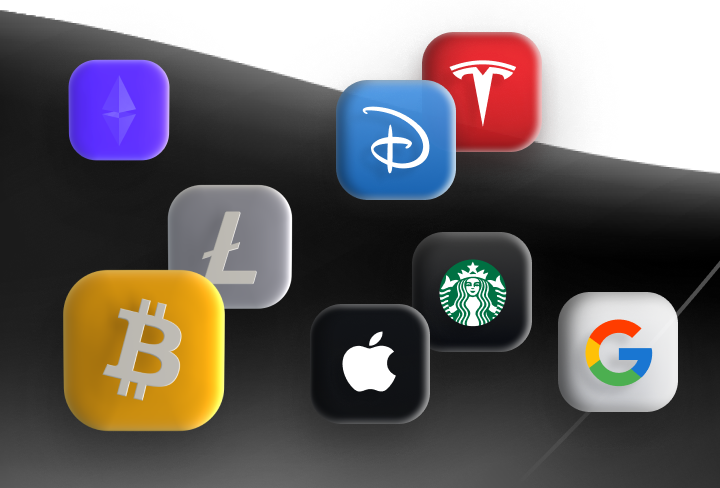What are derivatives in finance?
When referring to derivatives, it is about financial agreement that establishes a value through the value of an underlying asset. This means that they have no value of their own, but depend on the asset to which they are linked.
Derivative contracts have existed since time immemorial, where they were used to maintain equilibrium in the exchange of goods or services on a global scale, however, today they are more present than ever because thanks to them, they have been left to a side differences between currencies and accounting systems that prevented transactions between users.
So, what is a financial derivative?
Financial derivatives, as mentioned above, are contracts that base their value on an underlying asset. In them, the seller of the contract does not necessarily have to own the asset, but can give the necessary money to the buyer for it to acquire it or give the buyer another derivative contract.
These financial derivatives are used to hedge investments and to speculate. Thus, if a trader wishes to speculate on a derivative, they can make profit if the price of their purchase is lower than the price of the underlying asset. For example: if you want to buy a futures contract (which we will talk about later) for any asset that has a price of $1,000, and the price of it at the end of the contract inreased to $1,100, you will be earning $100. In addition, you could also benefit from the fall in the sale price of the asset you have selected.
They can also be used as a hedge, or to minimize the risks of a short term trade where you could be affected by fluctuations in the price of the asset.
Now, there is no single type of financial derivative, there are many. However, the three most used are: Options, Futures and Swaps.
Trading Derivatives

The derivatives market is very large, it is said that it has around $ 1.2 million due to the large number of derivatives available for assets such as: currencies, stocks , bonds, or commodities. Even in 2016, a figure was announced that pointed to the 25 billion contracts of derivatives traded, where Asia led the way with 36% of the volume, North America with 34%, and 20% for Europe.
OTC: Over The Counter
Also known as non-exchange derivatives, these are contracts that are made directly and privately, that is, they are not listed on any stock exchange. They are usually used by investment banks.
Exchanged-Traded
They are quoted on the stock exchanges and are used mostly by small investors. They are public and the terms of the contract are predetermined.
Types of Financial Derivatives
Financial derivatives have marked important milestones throughout the global economy. Among the most popular are:
- CDO's
- Swaps and CDS
- Forwards
The CDO's (Collateralized Debt Obligation) are financial instruments that are considered the main cause of the economic crisis that occurred in 2008 and which based their value on the repayment of the loans offered.
The swaps offer investors the possibility of exchanging assets or debts for another of similar value, managing to reduce the risks for the parties involved. The swaps resulted in the CDS (Credit Defaul Swap), which was sold as insurance against the default of the municipal bonds and which contributed to the 2008 financial crisis.
Forwards are another type of OTC financial derivative and are used to buy or sell an asset at a previously agreed upon value on a specific date in the future.
Why to trade with Libertex?
- access to a demo account free of charge
- technical assistance to the operator 5 days a week, 24 hours a day
- leverage up to 1:500
- operate on a platform for any device: Libertex and Metatrader 4 and 5
- no commissions for extractions in Latin America




